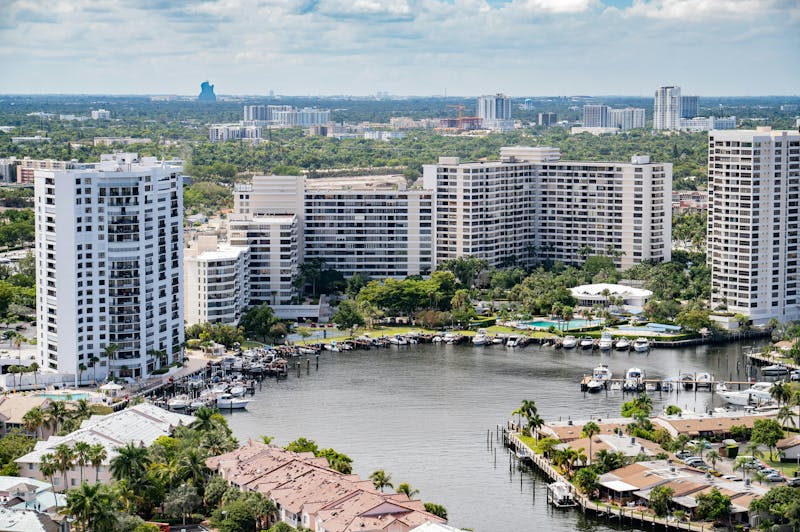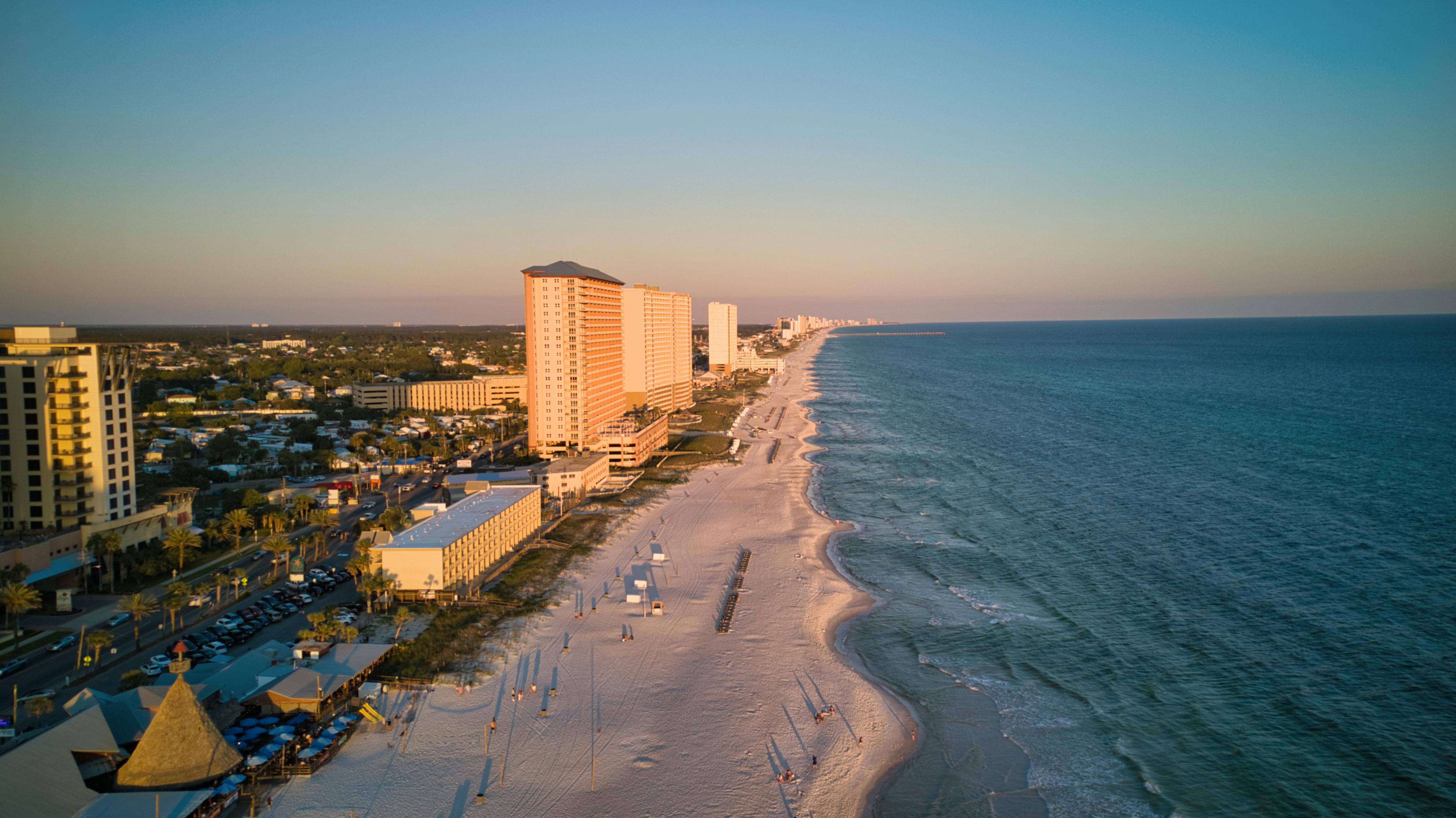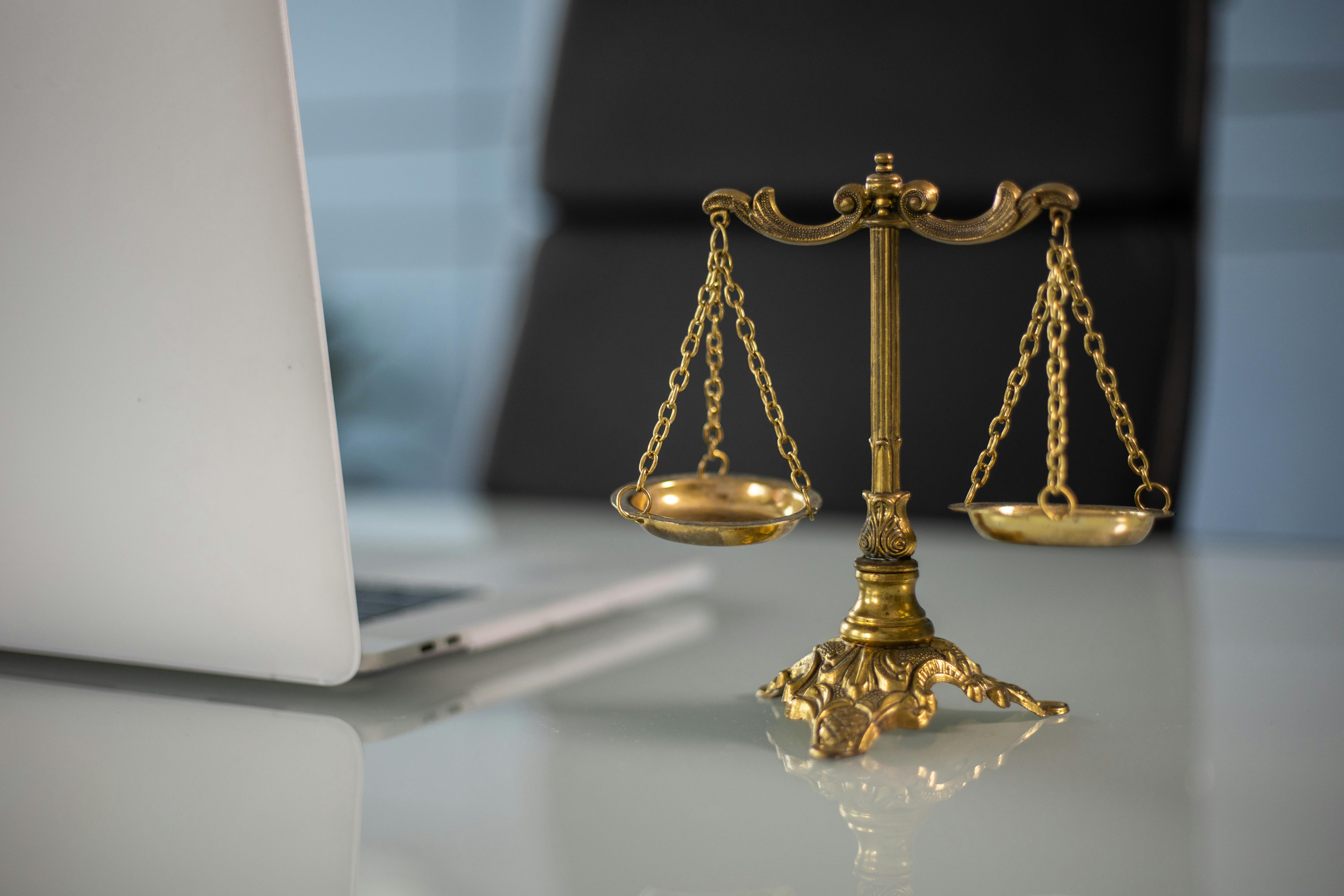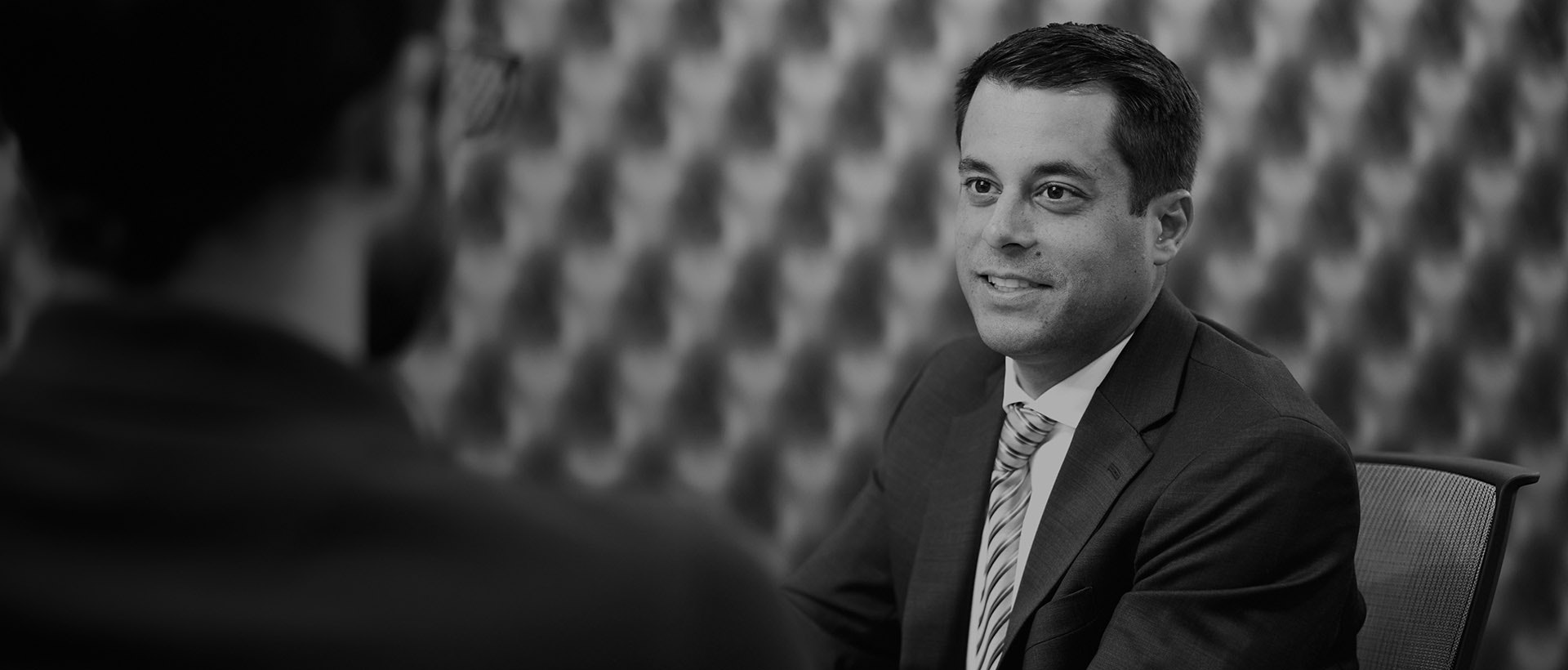
If you live in a condo, you probably enjoy the benefits, like shared pools, gyms, and outdoor areas. But when something breaks or gets damaged, it can be confusing to figure out who’s supposed to fix it. Is it your job? Or is it the Condominium Owner Association’s (COA) responsibility?
What Is a Condominium Property Association (COA) Responsible For?
A Condominium Owner Association (COA) is the group that takes care of the shared parts of your condominium property. These are called common areas. The COA collects money from each unit owner every month (called dues or assessments) and uses it to fix and maintain things like:
- The roof
- Outside walls
- Parking lots
- Elevators
- Pools and gyms
- Hallways and stairs
- Security gates and fences
The COA also buys something called a master insurance policy. This covers property insurance claims for damage to these shared areas, especially after storms, fires, or other big problems.
What the Condo Unit Owner Is Responsible For
As a condo unit owner, you are responsible for everything inside your unit. That means things like:
- Your walls, floors, and ceilings
- Your kitchen appliances and cabinets
- Your sinks, toilets, and bathtubs
- Your personal items (clothes, furniture, electronics, etc.)
- Damage that starts from inside your unit
To protect yourself, you need your own insurance policy, called an HO-6 policy. This covers your personal space and belongings.

When Property Damage Affects Both the Condo and the Unit Owner
Some property insurance claims involve both the condominium property and the unit. This can lead to confusion or disputes.
For example, if a shared pipe inside a wall bursts and causes flooding in your home, who pays for what?
- The COA might fix the pipe and the wall
- You might need to repair your damaged flooring and furniture
These situations are common after events like water leaks or hurricane damage. That’s why it’s important to check your condominium documents and know what your policy covers. You can also review Florida’s Condominium Act – Chapter 718 for legal guidance.
Hurricane Damage: Who’s Responsible After a Storm?
Hurricane damage is one of the biggest sources of confusion in Florida. Wind and rain from a hurricane can cause damage to:
- Roofs and windows
- Interior walls
- Personal belongings
In most cases:
- The COA is responsible for repairing damage to shared spaces like roofs and outer walls.
- The unit owner is responsible for their own belongings and the inside of the unit.
Insurance carriers may try to underpay or shift blame, especially when there's a question of whether the damage is wind-related or flood-related.

Property Damage Can Be Confusing
Property damage often involves both parties, the COA and the unit owner. For example:
- A shared pipe bursts: the COA might fix the pipe, but the unit owner is responsible for damaged floors or furniture.
- A roof leak after a storm: the COA handles the roof, but interior repairs fall to the unit owner.
This confusion can lead to insurance disputes. That’s where we come in.
What If Your Claim Gets Denied?
Sometimes, insurance companies may say it's not their responsibility. This can happen a lot with water damage, mold, or roof leaks after storms.
If your property damage claim is delayed, underpaid, or denied, talk to an experienced insurance attorney. They can help make sure your claim is handled fairly and that you're not stuck with the bill.

We Help You Fight Back Against Insurance Companies
Whether you’re a Florida condo association, board member, property manager, or unit owner, dealing with property damage can be overwhelming, especially when insurance companies try to deny, delay, or underpay valid claims.
At Vargas Gonzalez Delombard, LLP, we focus on property insurance law. We’ve helped communities across Florida recover from hurricane damage, water leaks, mold, and other disasters. If your claim is stuck in a blame game or hasn’t been paid fairly, we’re ready to step in. We offer free consultations, and there’s no obligation to move forward.

